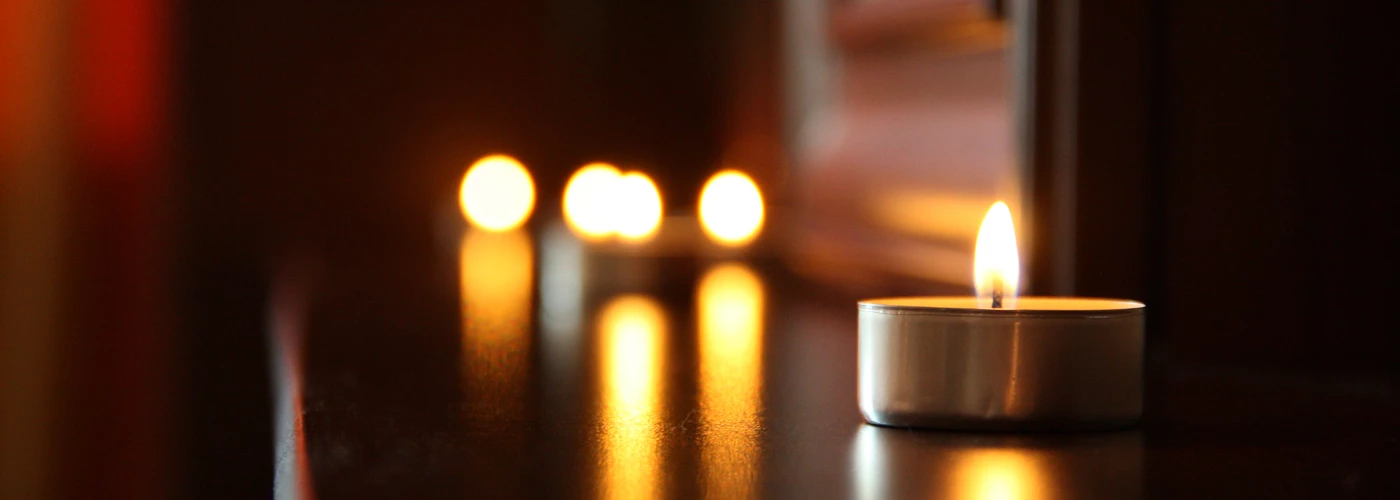Editor's Note: This post was originally published in 2017 and has been updated for accuracy and comprehensiveness.
Being part of a community of young women affected by breast cancer is a life-changing experience. The friends I made at my first F2F meeting in 2012 are women I will carry in my heart forever.
Like many of us, I’m grateful to have made hundreds of connections with young women facing breast cancer since I was diagnosed. For a lot of us in the YSC community, this world of vital friendships means that we feel less alone, and that we find renewal and strength in each other. But because this is a community that’s sprung up around an awful disease, it also means that sometimes we lose our friends. And that is so, so hard.
"We soldier through when we don’t have to. Seeking help can help people move through the feelings more quickly where the intensity has the opportunity to subside."
I sat down with YSC’s Director of Support & Provider Engagement , Jean Rowe, LCSW, OSW-C, CJT, to talk about grief and breast cancer. Jean is an Oncology Social Worker, and an expert in the unique issues that young survivors face.
Emily Helck: What are some emotions young adult cancer survivors often feel when grieving a friend? Is it common to feel Survivor’s Guilt?
Jean Rowe: I would say it's common and complicated. Those who survive are mutually faced with gratitude for their own life and grief at the loss of those whom they cared about. It can be confusing trying to balance those two things although they certainly can exist at the same time.
EH: What are some healthy coping mechanisms?
JR: Asking for help -- which on its face is a really good thing -- is sometimes met with resistance. We soldier through when we don't have to. Seeking help can help people move through the feelings more quickly where the intensity has the opportunity to subside.
Tapping into support groups, tapping into local mental health support, talking with other survivors and those who care about you helps lessen fear and isolation. It may not lessen the loss but it can help with coping while feeling the myriad of feelings grief and loss can bring.
EH: What about feelings when a member of the larger breast cancer community dies? A great thing about social media is that you can feel close to someone who you’ve never actually spoken to. In my personal experience, when someone I’ve followed dies, I’ve struggled with complicated feelings on top of sadness -- like, do I even have a right to be grieving this person?
Chat with other young adults from the comfort of your home on a Virtual Hangout. Join one of our private Facebook groups to connect with community. Or reach out to a local F2F group (and attend when safe to do so).
JR: I think from a broad perspective what happens is that the community feels their common thread lessen in strength. Someone you have counted on, even from a distance, is suddenly no longer available. It’s an abrupt loss.
I think the most important thing is not to isolate. Particularly when you're thinking "do I have the right to grieve?" What we, as social workers, don't want to see happen is another -- unanticipated -- level of isolation.
EH: What tools do you think would help our community, young survivors and co-survivors in dealing with grief?
JR: Many of us can find bereavement groups in our community. Local churches may offer them, or community agencies like hospices. Many moved online after the onset of the Coronavirus. It's recommended as a rule to wait three months from the time of the loss before taking part in a group.
EH: What can someone expect when joining a group?
JR: Here’s an example: One of my support groups at Emory is for young women with breast cancer. A core group of young women became very close. This included one woman who suddenly progressed from stage two to stage four after having a period of a couple of years of remission. It was shocking to the group how quickly she declined and was gone.
What came out of that, is that an even smaller group within that core rallied around her and her family while she was still living, and then rallied around each other when she passed.
Within the group, we had a memorial service that was a salve for the group as they began to heal. It was a safe space.
Compassionate Friends: When you suffer a loss, it's important to understand the psychological, emotional and physical effects involved. The extremes that you're dealing with are understandable and manageable, and there are steps you can take to begin working through grief.
Grief Share: A friendly, caring group of people who will walk alongside you through one of life's most difficult experiences. You don't have to go through the grieving process alone.
National Hospice and Pallative Care Organization: There is no right way to grieve. It is an individual process and a natural part of life. Life won't be the same after a loss, but experiencing your grief will allow you to adjust to life after loss.





